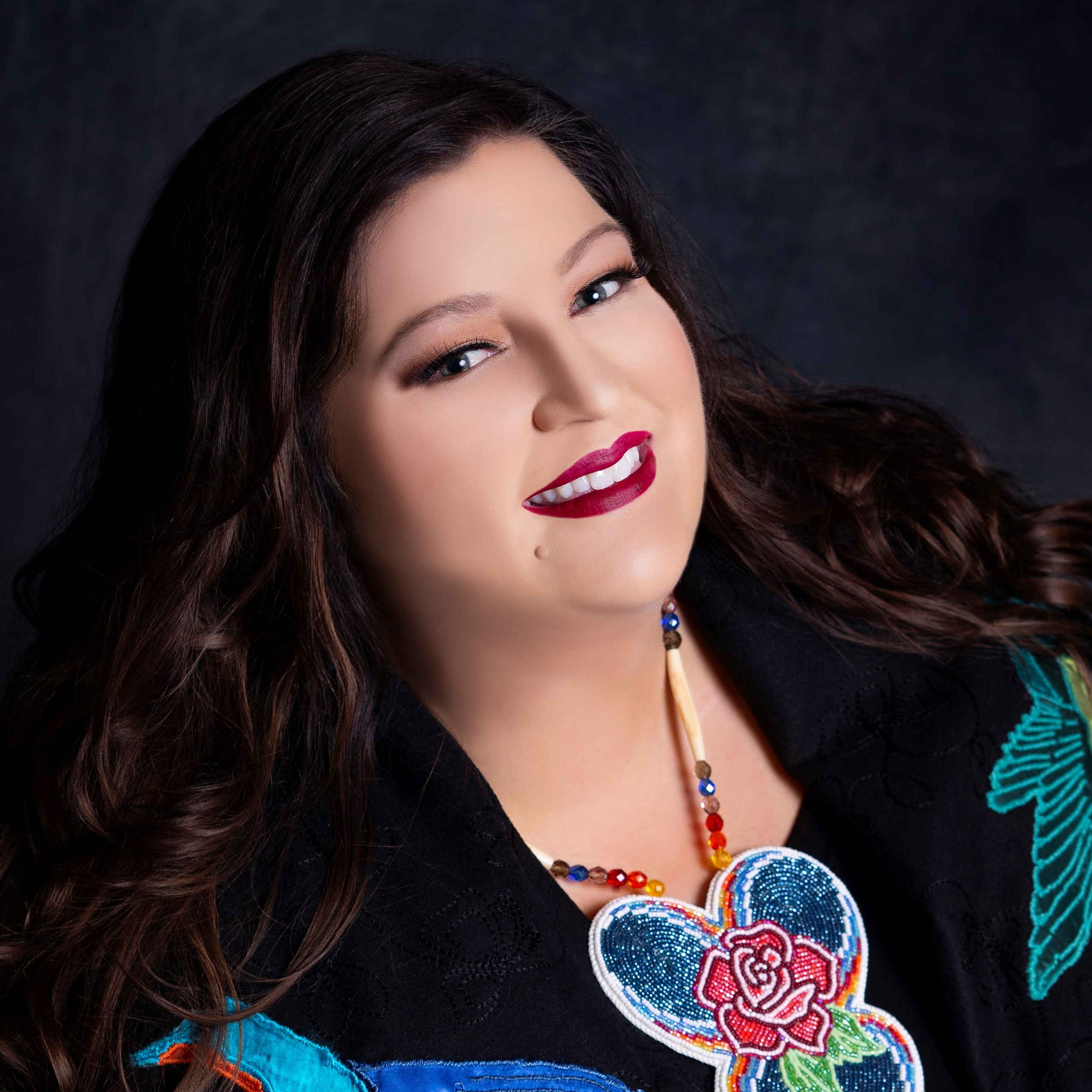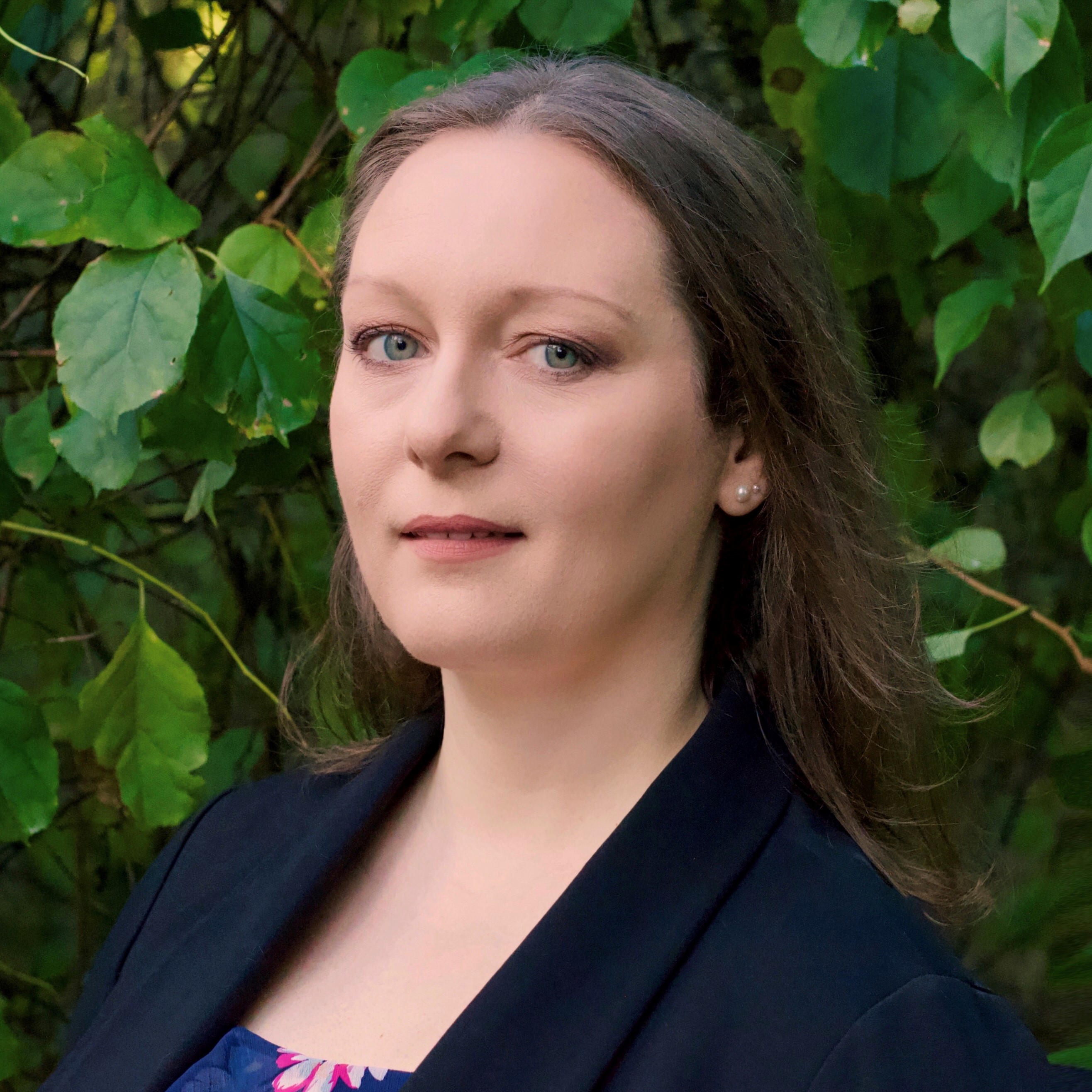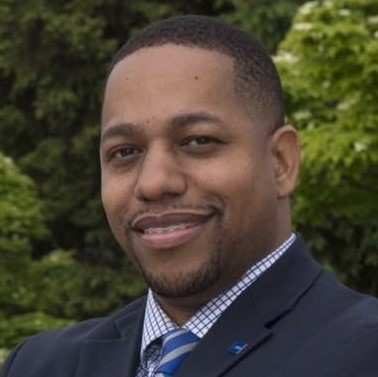MSU awarded USDA-NIFA grant to support Native American students in agriculture
The $140K Growing Native American Student Pathways into Agriculture will expand opportunities and support systems for Indigenous students at MSU.

Michigan State University (MSU) has been awarded $140,000 to support the Growing Native American Student Pathways into Agriculture as part of the National Institute of Food and Agriculture (NIFA) through the U.S. Department of Agriculture (USDA). This investment comes from the USDA New Beginning for Tribal Students grant program in the 2018 Farm Bill, which Michigan Senator Debbie Stabenow co-authored.

“The MSU leadership team thought it was important to create a program to support Native students’ academic pursuits,” said Dr. Christie Poitra, interim director of the MSU Native American Institute. “We were interested in working with students who had yet to declare a major or minor in hopes of attracting them into agriculture and natural resources fields. Although this program is about recruiting students into agriculture and natural resources, it’s also about expanding their knowledge of opportunities in higher education.”
In addition to Poitra, MSU leaders collaborating on the grant include Dr. Angela Kolonich, director of professional learning in the CREATE for STEM Institute; Dr. Quentin Tyler, associate dean and director for diversity, equity and inclusion in the College of Agriculture and Natural Resources (CANR); and Dr. Kelly Millenbah, senior associate dean and director of academic and student affairs in the CANR.
“STEM disciplines have historically excluded Native American perspectives, lenses and knowledge,” Kolonich said. “Lifting our students’ ideas by supporting their success in STEM programs at Michigan State will ultimately change and reshape the field. It will open the possibility of exploring new questions and developing new explanations that have not yet been considered.”
The two-year Growing Native American Student Pathways into Agriculture program will recruit freshmen and sophomores starting in the fall 2021 semester. Students will be paired with a faculty mentor based on their interests in agriculture and natural resources. Mentors will support students’ professional development through opportunities to shadow faculty research, fieldwork and outreach activities.
"Although this program is about recruiting students into agriculture and natural resources, it’s also about expanding their knowledge of opportunities in higher education.” Christie Poitra, interim director, MSU Native American Institute
The MSU chapters of Minorities in Agriculture, Natural Resources and Related Sciences and the North American Indigenous Student Organization will provide additional ways for students in the program to develop an extended community on campus.
“My hope is that this program will build capacity for faculty mentors and students to support one another as part of a network that learns and grows together,” Kolonich said. “Students will learn from mentors, but also how to support one another as peers.”
Early support and belonging
In planning for the Growing Native American Student Pathways program, both Kolonich and Poitra reflected on their own experiences as college students and their interactions with Native students.
Kolonich is from Manitoba, Canada, and grew up in Michigan. She is of mixed ancestry and connected with Red Cliff (Lake Superior Chippewa) where her husband is a tribal member. Kolonich has over 15 years of experience as an equity-focused educator working with teachers and students.

“One of the things about going to a university, especially a predominately white institution like Michigan State, is that it can feel very isolating,” Kolonich said. “With such a big university, it’s easy to get lost in the numbers. Having peer-to-peer relationships to leverage and a dedicated faculty mentor as part of this program will be a tremendous support for our students.”
Poitra grew up in rural Northern California and is a first-generation college graduate. She is Latina and a first-generation descendant of the Turtle Mountain Chippewa Indians (Pembina Ojibwa).
“Being of mixed background with multiracial parents, I didn’t really feel like I always belonged in higher education,” Poitra said. “I participated in a lot of student support programs, and those programs are why I pursued a Ph.D. Those important moments of programmatic and faculty support can have beautiful, long-term impacts on students’ lives.”
Honoring the Whole Student
The Native American Student Pathways grant is also interconnected with previous work by Poitra and Tyler as part of the National Science Foundation grant, Honoring the Whole Student: Developing Good Practices for Supporting the Intersectionality of Diverse Undergraduate Students in Geoscience.
The resulting Honoring the Whole Student workbook will be used in learning sessions with eight faculty mentors in the Growing Native American Student Pathways program. This training will help mentors better understand the diverse identities, perspectives and backgrounds that Native students bring to higher education.

Bringing Native perspectives into agriculture and STEM fields is important work, especially around areas connected with natural resources, land stewardship, climate change and conservation.
“Native and Indigenous people were the first farmers in North America, and agriculture has been a mainstay of the Native American culture and economy for thousands of years,” Tyler said. “It is important to note that they have contributed to many of agriculture’s most utilized inventions and practices. To have Native and Indigenous perspectives present in higher education and agriculture, we are gaining a valuable perspective that has proven to be essential to our society’s social, cultural and economic well-being.”
Indigenous people’s connections to land are part of their cultural values in many communities across the nation, as well as within Michigan.
“Whenever you bring in diversity, it makes the institution stronger and more efficient. Although our Native numbers are small, our perspectives enhance everything,” Poitra said. “Thoughtfully investing in diversity, equity and inclusion makes things better for all.”
Poitra will develop a program evaluation, including success outcomes and measuring perceptions for students and faculty mentors as part of the Growing Native American Student Pathways grant.

“It’s important to engage in this kind of work for student success, but it’s also important to share knowledge about what works and what doesn’t work with the broader academic and administrative community in higher education,” Poitra said. “This work will help grow knowledge around student support from a different perspective as a group of Indigenous and minoritized folks who are leading this work.”
Student success is much broader than academic success and graduation rates. It encompasses whole student success, and that’s where programs like Growing Native American Student Pathways can provide support systems that scaffold more holistic success for students across different backgrounds.
“We can only truly talk about student success when we talk about success for all students, and when we consider whole person success,” Millenbah said. “To truly value diversity, equity and inclusion in the CANR, we must be sure all voices, opinions and experiences are heard and at the table. Our differences are our assets, and each person is a unique contributor who makes our entire community stronger.”



 Print
Print Email
Email




